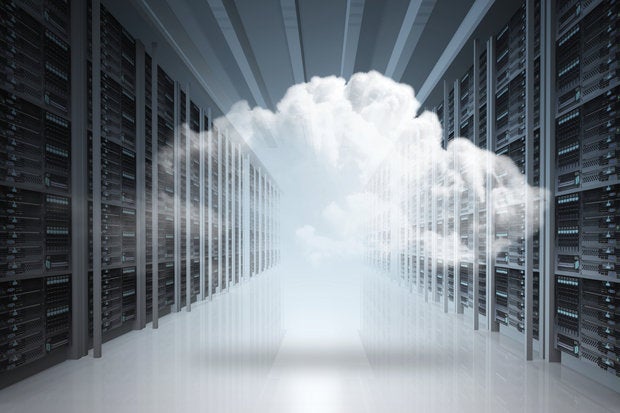How to choose a cloud data warehouse
Enterprise data warehouses, or EDWs, are unified databases for all historical data across an enterprise, optimized for analytics. These days, organizations implementing data warehouses often consider creating the data warehouse in the cloud rather than on premises. Many also consider using data lakes that support queries instead of traditional data warehouses. A third question is whether you want to combine historical data with streaming live data.A data warehouse is an analytic, usually relational, database created from two or more data sources, typically to store historical data, which may have a scale of petabytes. Data warehouses often have significant compute and memory resources for running complicated queries and generating reports, and are often the data sources for business intelligence (BI) systems and machine learning.To read this article in full, please click here

Enterprise data warehouses, or EDWs, are unified databases for all historical data across an enterprise, optimized for analytics. These days, organizations implementing data warehouses often consider creating the data warehouse in the cloud rather than on premises. Many also consider using data lakes that support queries instead of traditional data warehouses. A third question is whether you want to combine historical data with streaming live data.
A data warehouse is an analytic, usually relational, database created from two or more data sources, typically to store historical data, which may have a scale of petabytes. Data warehouses often have significant compute and memory resources for running complicated queries and generating reports, and are often the data sources for business intelligence (BI) systems and machine learning.





































